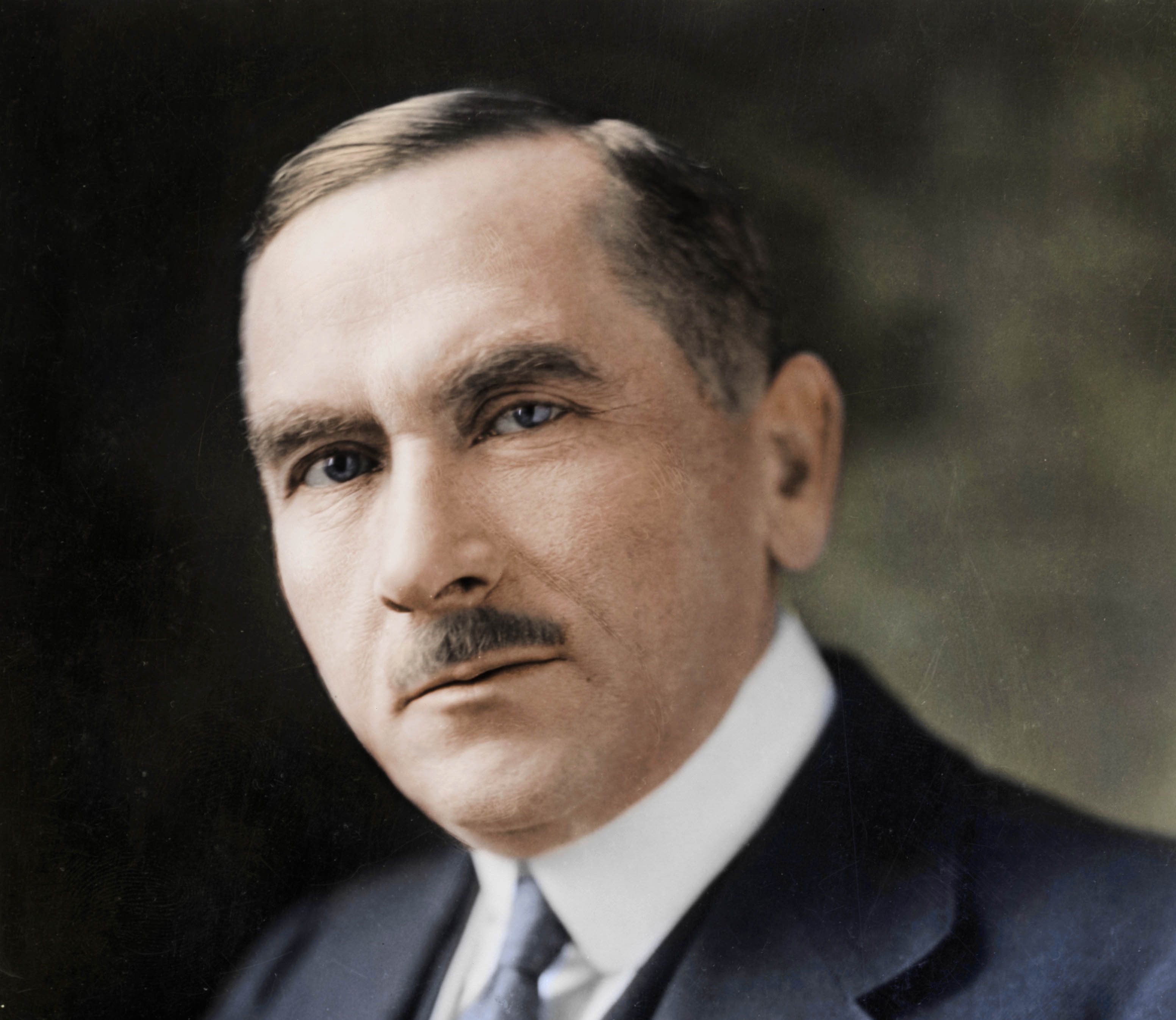The end of World War I in November 1918 made it necessary to conclude peace treaties that would define the borders of the states that emerged after the fall of the German Empire, Austria-Hungary and the Russian Empire. The natural representative of the Polish people were the circles gathered around Roman Dmowski and the Polish National Committee, whose anti-German position had been consistent since the beginning of war and whom the Entente considered an official representative of Poland in the West. When Ignacy Jan Paderewski became Prime Minister in Warsaw in January 1919, Dmowski recognised his leadership. As a result, also the representatives of the Chief of State, Józef Piłsudski, joined the Committee.
A special day for the Polish delegates turned out to be 29 January 1919, when Dmowski was summoned before the Council of Ten, the most important body at the conference, to present the concept of the Polish state borders. Dmowski, not satisfied with the way his words were translated by an official interpreter, improvised for several hours in English and French, which was welcomed with appreciation by the audience, including the Prime Minister of Great Britain, David Lloyd George. Dmowski referred to historical arguments, indicating the line from before the partitions as the Eastern Polish border and talking about the weakness of the state potential of Ukrainians and Lithuanians. In the case of the Western border, he referred to ethnic and statistical argumentation, showing where the Polish element dominated. His aim was to have large Poland that could compete with Germany.
Finally, the Treaty of Versailles was signed on 28 June 1919, with the signatures of both Paderewski and Dmowski under it. The provisions of the conference did not fully correspond to the vision presented by the latter on 29 January that year, yet they are generally considered to be beneficial for Poland. The borders of the Republic of Poland established in Versailles included Greater Poland and Pomerelia. The national affiliation of Upper Silesia and the southern part of East Prussia, over which Poles and Germans argued, was to be decided in plebiscites. Gdańsk was declared a free city.
The meeting of the Council of Ten was not on record and Dmowski did not leave any notes from his speech, so we do not have the exact wording of his presentation. The most important source allowing to grasp the sense of words of the diplomat are the notes taken by the Secretary General of the conference Paul-Eugene Dutast, the most important fragments of which are presented below.





